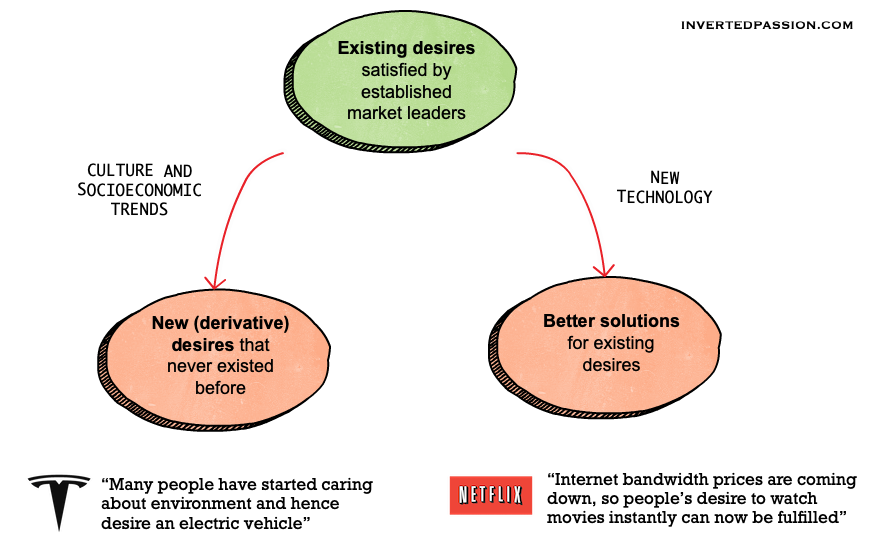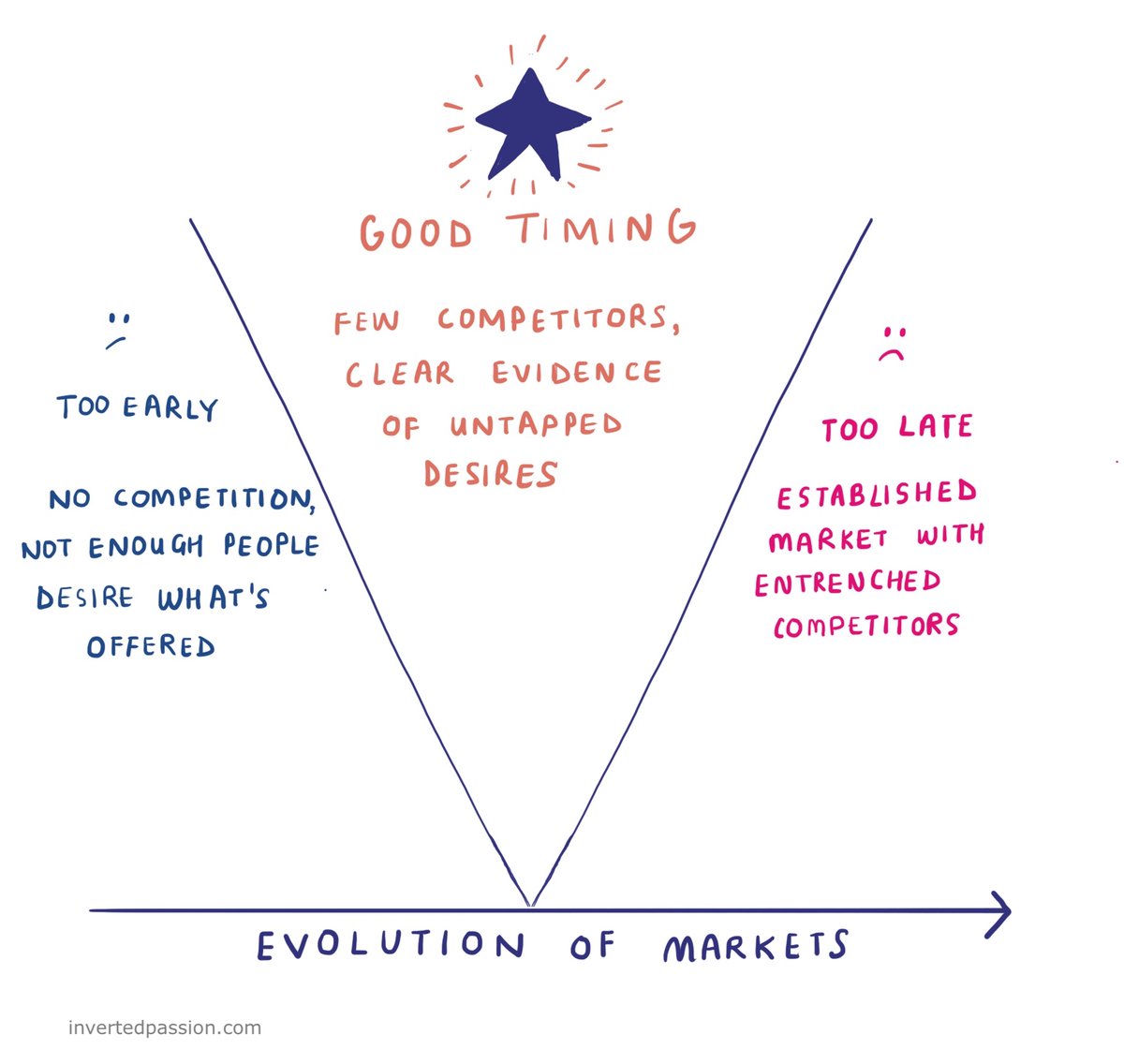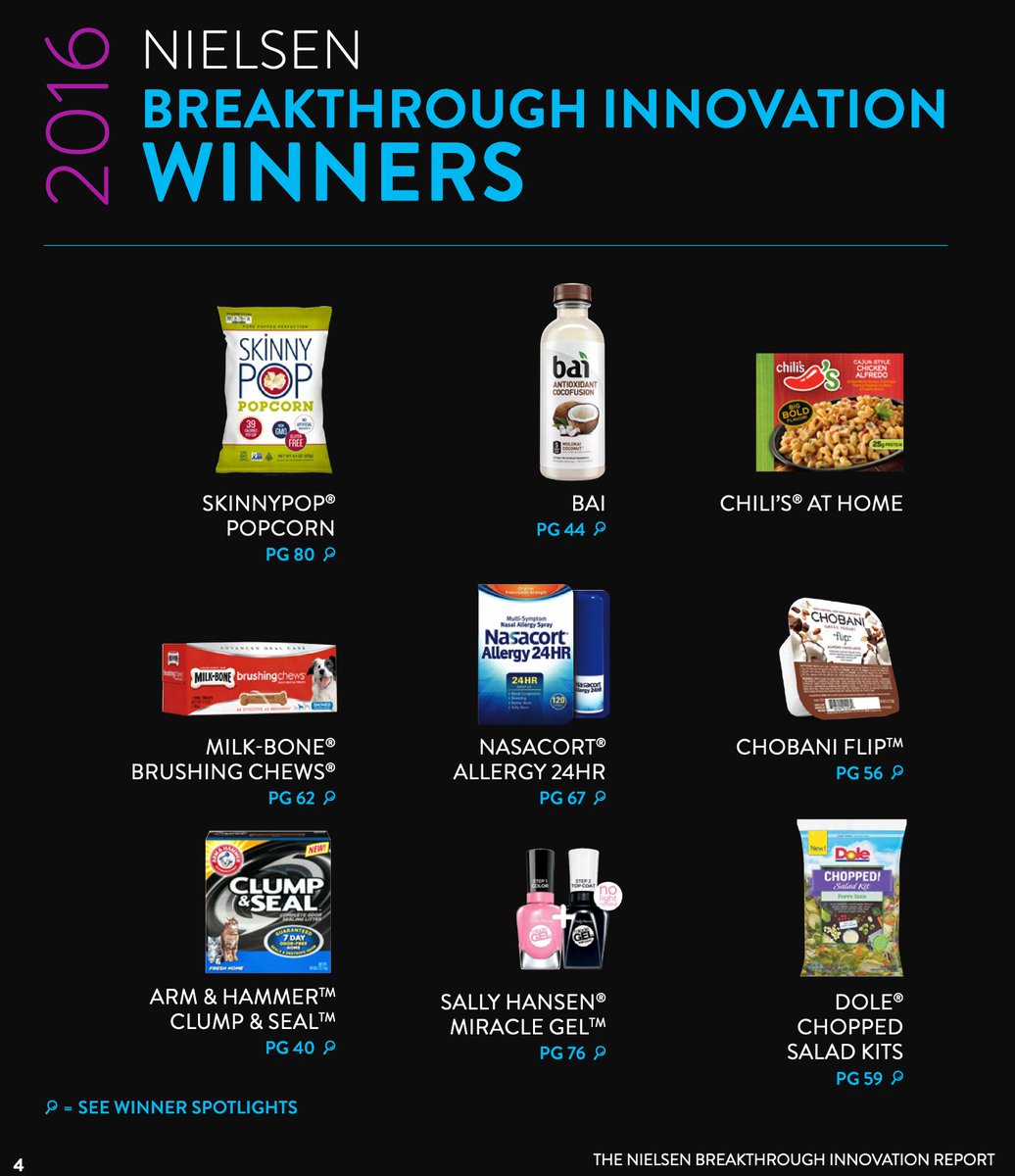
A thread on 20 lessons I've learned from 2020
1/ First some context:
Determined to never let a crisis go to waste, I and rest of the leaders at @wingify reflected on how the year went by for us and the lessons that stood out.
I decided that it’ll be a good idea to publicly share these learnings, so here they are.
Determined to never let a crisis go to waste, I and rest of the leaders at @wingify reflected on how the year went by for us and the lessons that stood out.
I decided that it’ll be a good idea to publicly share these learnings, so here they are.
2/ Then a caveat:
As you know professional and personal dimensions can differ widely, these ones are for the professional context only. invertedpassion.com/professional-s…
This year has given me many personal lessons too but they’re not documented in this thread.
Now for the 20 lessons.
As you know professional and personal dimensions can differ widely, these ones are for the professional context only. invertedpassion.com/professional-s…
This year has given me many personal lessons too but they’re not documented in this thread.
Now for the 20 lessons.
3/ Beware of mood-based decisions.
For most projects, knowing the impact is impossible. You need thumb rules for deciding in such cases, otherwise you will end up using the mood-of-the day for such decisions.
For most projects, knowing the impact is impossible. You need thumb rules for deciding in such cases, otherwise you will end up using the mood-of-the day for such decisions.
4/ When was the last time you talked to a customer?
Deciding the course of action for critical projects without customer input can be fatal. We need to make a good business case and attach proof-of-value that’s derived from multiple such customer calls.
Deciding the course of action for critical projects without customer input can be fatal. We need to make a good business case and attach proof-of-value that’s derived from multiple such customer calls.
5/ The point is to not stay busy.
The point is to execute few projects that will create significantly higher business impact than the average project.
The point is to execute few projects that will create significantly higher business impact than the average project.
6/ Demand a business-case for each project idea.
Do not green-light/prioritize a project until the business case for it is written down, and it’s measured against other potential initiatives. Remember: all ideas are good ideas.
Do not green-light/prioritize a project until the business case for it is written down, and it’s measured against other potential initiatives. Remember: all ideas are good ideas.
7/ Build rigor for business experiments.
Start product experiments. Insist on A/B testing before rolling out any change in marketing, product, sales, pricing. (E.g. even things like pricing tweaks should be done as an A/B test).
Start product experiments. Insist on A/B testing before rolling out any change in marketing, product, sales, pricing. (E.g. even things like pricing tweaks should be done as an A/B test).
8/ One-level thinking isn't enough.
For anything where >30 minute combined org effort is to be invested, it will pay to close eyes for a couple of minutes and think hard by visualizing the people involved in receiving the value and people creating the value.
For anything where >30 minute combined org effort is to be invested, it will pay to close eyes for a couple of minutes and think hard by visualizing the people involved in receiving the value and people creating the value.
9/ Your job is of coaching, not performing.
My job (as the founder and the chairman) should be to not pursue my own ideas but to focus on coaching, selecting, prioritizing and enabling and pushing through key company projects.
My job (as the founder and the chairman) should be to not pursue my own ideas but to focus on coaching, selecting, prioritizing and enabling and pushing through key company projects.
10/ Seek clarity on customer circumstances.
Should have developed clarity on customer circumstances first, and then thought of ideas/projects (rather than the other way around.)
Should have developed clarity on customer circumstances first, and then thought of ideas/projects (rather than the other way around.)
11/ All ideas are good ideas.
There have been so many ideas that I've had and all of them good. The point should have been to focus on few that were truly aligned to creating impact for the customer. We need to make ideas compete with each other before execution.
There have been so many ideas that I've had and all of them good. The point should have been to focus on few that were truly aligned to creating impact for the customer. We need to make ideas compete with each other before execution.
12/ Focus on North Star Metric (NSM)/customer value. Should have started focusing on NSM/customer value metrics way earlier because that is the only way financial metrics move. Revenue growth doesn't happen by focusing on revenue growth - it happens by focusing on value creation.
13/ Our R&D should be focused around customer jobs and not technology.
R&D should be in response to a customer job/pain point and not for its own sake.
R&D should be in response to a customer job/pain point and not for its own sake.
14/ Propose your ideas as experiments.
For ideas I believed in, if I faced resistance by others, instead of giving up or forcing through, I should have tried them via small experiments with clear concluding criteria.
For ideas I believed in, if I faced resistance by others, instead of giving up or forcing through, I should have tried them via small experiments with clear concluding criteria.
15/ Program manage initiatives that show evidence of impact.
Should constitute proper program management and reporting of progress/metrics for projects that truly matter (so that you make the org accountable for delivering them).
Should constitute proper program management and reporting of progress/metrics for projects that truly matter (so that you make the org accountable for delivering them).
16/ No notes = no learning.
If after reading or listening to something, you've not reflected by transcribing your own notes, you've not learned anything.
If after reading or listening to something, you've not reflected by transcribing your own notes, you've not learned anything.
17/ Time is more valuable than money.
While deciding on a project, consider that you have finite time but potentially unlimited money. If you can buy time or bandwidth, do it. (Relevant for investing in talent, software, products).
While deciding on a project, consider that you have finite time but potentially unlimited money. If you can buy time or bandwidth, do it. (Relevant for investing in talent, software, products).
18/ When was the last time you talked to an expert?
We do not talk to enough experts. Every time we've talked to an expert about a subject, we've learned something new.
We do not talk to enough experts. Every time we've talked to an expert about a subject, we've learned something new.
19/ Building a product is not enough.
Its distribution is equally important. Unless anyone is aware about it, there's no point to building things.
Its distribution is equally important. Unless anyone is aware about it, there's no point to building things.
20/ We focus too much on what's not going well, and ignore what's going well.
Even for things that are going well, ask regularly: what's preventing us from going even faster and improving them further?
Even for things that are going well, ask regularly: what's preventing us from going even faster and improving them further?
21/ Bootstrapping is playing the game of business in the hard mode.
If the choice of bootstrapping is a conscious one, realize and accept the constraints that come with it. You cannot and should not operate like a VC business.
If the choice of bootstrapping is a conscious one, realize and accept the constraints that come with it. You cannot and should not operate like a VC business.
22/ An organization can only execute a few projects simultaneously. The constrain for good execution is never ideas or even capital. It's almost always the leadership bandwidth. Wherever leadership is focused gets done.
23/ That's it. Hope these lessons were useful to you.
If you want to reflect on your year as well, you can use this Google Sheets template.
docs.google.com/spreadsheets/d…
If you want to reflect on your year as well, you can use this Google Sheets template.
docs.google.com/spreadsheets/d…
24/ Curious: what lessons did YOU learn in 2020?
• • •
Missing some Tweet in this thread? You can try to
force a refresh









